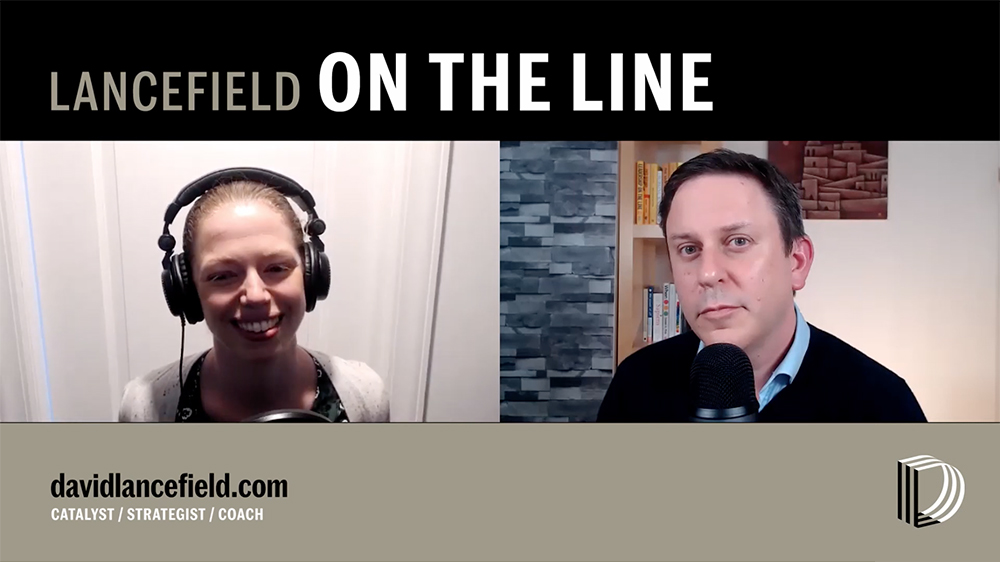Episode 26
Katy Milkman: How can you change for the better? And stick at it?
Available on these channels and more
The last few years will have forced or encouraged us to make changes in our lives. In a positive light, some people have spent better quality time with family and friends, enjoyed the company of their neighbours, exercised more regularly and taken up hobbies again. But when the pressure’s on, and there’s no systemic ‘shock’ to deal with, it’s natural that we slip back to some of our old ways.
To overcome this, Katy Milkman says we should understand our internal obstacles — or ‘opponents’ — and then select the right strategies to overcome them. She picks seven obstacles we face — getting started, impulsivity, procrastination, forgetting, laziness, lack of confidence and conformity. Whatever situation we’re in, she encourages us to do things that are enjoyable, otherwise we’re not going to persist in changing our ways.
The best bits of these conversations are captured in my newsletter Flashes+Sparks.
Further resources
Katy Milkman is the James G Dinan Professor at The Wharton School, University of Pennsylvania, and holds a secondary appointment at Penn’s Perelman School of Medicine. Her research explores ways that insights from economics and psychology can be harnessed to change consequential behaviours for good, such as savings, exercise, student achievement, vaccination and discrimination. To that end, she co-founded and co-directs the Behavior Change for Good Initiative at the University of Pennsylvania.
In 2021, Katy was named one of the world’s top 50 management thinkers and the world’s top strategy thinker by Thinkers50. The New York Times also named her bestselling book How to Change. The Science of Getting from Where You Are to Where You Want to Be one of the eight best books for healthy living in 2021.
- Katy’s book How to Change. The Science of Getting from Where You Are to Where You Want to Be.
- Choiceology podcast.
- Katy’s newsletter Milkman Delivers.
“We won’t set ourselves up for success strategically if we don’t recognise the stumbling blocks.”
Katy Milkman, James G Dinan Professor, The Wharton School
VIEW RUNNING ORDER
| 03.35 | Why should anyone read her book How to Change? |
| 04.17 | The big stumbling blocks to change. |
| 05.39 | Do the book’s ideas still work when we’re tired? |
| 07.11 | The most intriguing factor (in her book) she’s researched. |
| 09.58 | The importance of persistence. |
| 11.43 | What she struggles to change even as an award-winning professor. |
| 14.24 | What a CEO should learn from her research. |
| 18.24 | What a strategist can learn from How to Change. |
| 21.56 | Advice for political leaders. |
| 24.48 | How to collaborate effectively in academia (and elsewhere). |
| 29.22 | Frontiers of behavioural science. |

Ludmila Praslova: Tapping into our brainpower

Steven Rogelberg: Making meetings count

Caterina Kostoula: Crafting a powerful vision

Tony Martignetti: Making meaningful connections

Oleg Konovalov: Leading by nature

Matt Abrahams: Talking smarter in the moment

Alex Edmans: Dealing with lies

Pia Lauritzen: Connecting through questions


